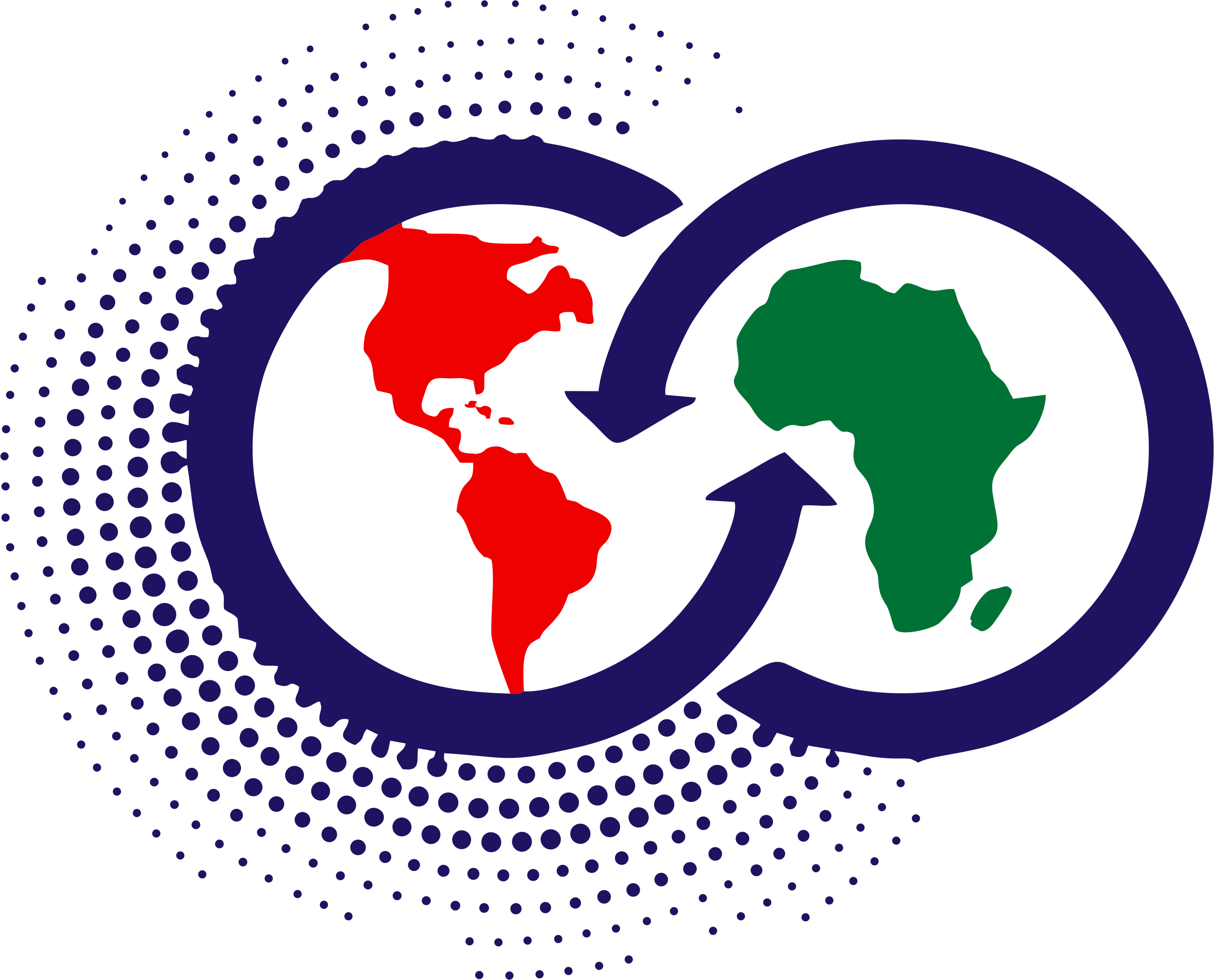
Immigration and Border Control
In mid-2020, Nigeria hosted 1.3 million migrants, representing 0.6 percent of the country’s population- far below both the global average (3.6 percent) and the average for Sub-Saharan Africa (2.0 percent) and the lowest proportion of any ECOWAS country. Most of the international migrants hosted in Nigeria originated from other ECOWAS countries, particularly Benin, Ghana, Mali, Togo and Nigeria, as well as a growing refugee population from Cameroon. (UN DESA. International Migration 2020 Highlights). Migration is not a hot political issue in Nigeria. Where migration is covered in national public and political debate, the focus has been on leveraging the contributions of Nigeria’s diaspora to national development. Immigration and refugee-hosting appear to have greater salience at local levels, for example in states hosting large numbers of Cameroonian refugees.
The Lead Agency for immigration and border control is the Nigeria Immigration Service (NIS), assisted by the National Agency for the Prohibition of Trafficking in Persons (NAPTIP). While NIS has the overall responsibility for immigration management and border control, NAPTIP leads the national fight against human trafficking and migrant smuggling. The functions of these agencies include enhancing the national capacity for migration management and border control, the timely collection, analysis and publication of border control data as well as the eradication of human trafficking and migrant smuggling.
Fundraising for the people and causes
LADI will collaborate with the NIS and NAPTIP to eradicate the scourge of human trafficking and migrant smuggling in Nigeria and to discourage potential migrants from using illegal migration pathways. LADI will also campaign for the easing of visa and other travel restrictions on international migration in Africa.
